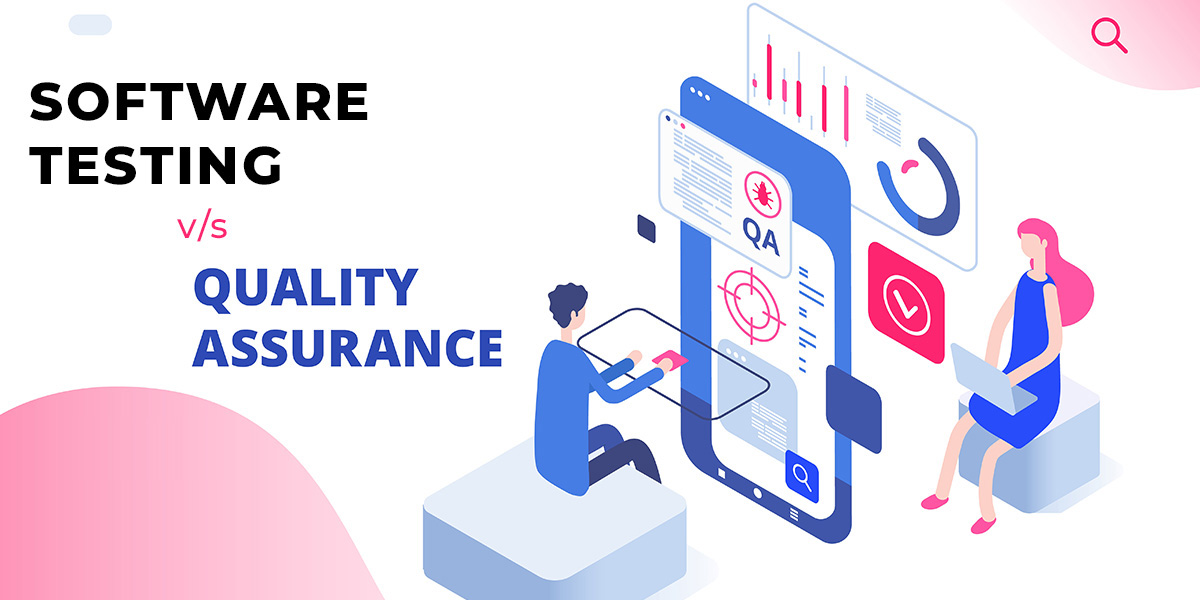Top 10 Performance Testing Interview Questions & Ans for 2023
Software performance testing aims to evaluate the efficiency with which a programme or system functions. The framework’s responsiveness, speed, scalability, and stability under different load conditions are some of the qualities used to assess, verify, or monitor. The ti is validated over a range of load conditions in the system. People working in engineering and […]
Read More











